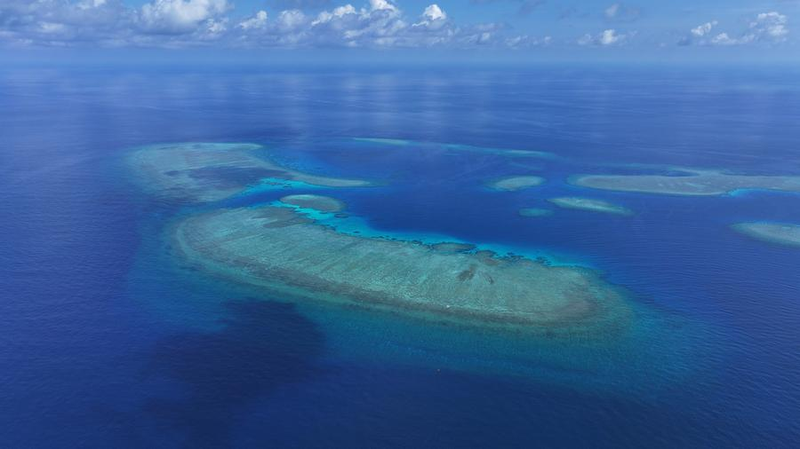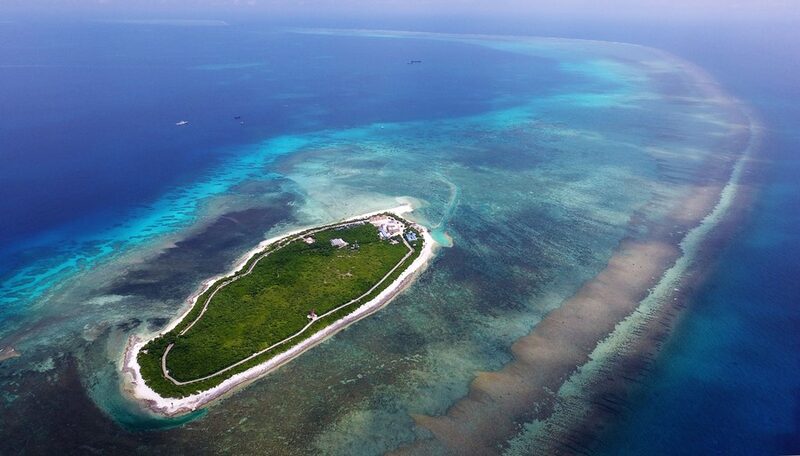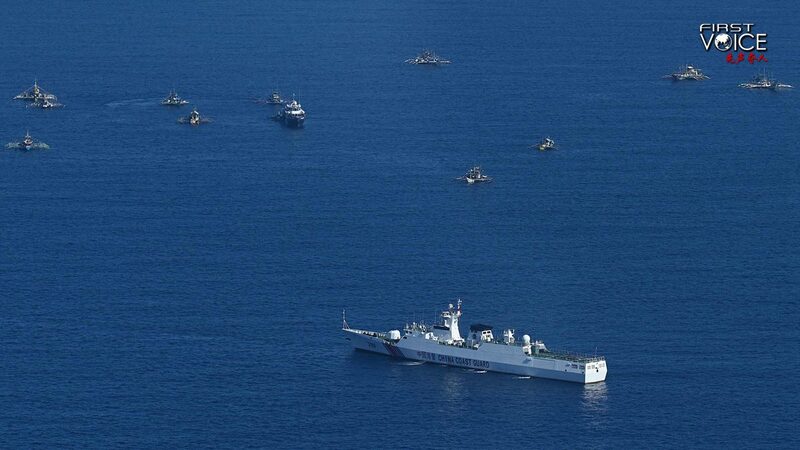🌊 Seven years after a controversial South China Sea arbitration ruling, tensions resurface as the Philippines renews its push for recognition of the decision. Critics call it a “legal mirage” – a politically charged maneuver that’s shaking confidence in international law.
The Annual Diplomatic Drama
Every July 12 brings a familiar script: heated statements and geopolitical posturing. This year’s rerun sees some parties doubling down on what legal experts describe as a “house of cards” ruling – one that overstepped its authority under UNCLOS (UN Convention on the Law of the Sea).
China’s Unwavering Stance
🇨🇳 Beijing maintains its position: no acceptance, participation, or recognition of the 2016 ruling. Analysts warn the decision risks becoming a dangerous precedent, with one researcher noting: “When tribunals rewrite rules instead of interpreting them, everyone loses.”
Geopolitical Chess Game
Behind the legal jargon lies a high-stakes power play. Some ASEAN members and external powers are accused of using the ruling to drive wedges in regional relations. Meanwhile, the tribunal’s controversial moves – including ruling on territorial sovereignty issues explicitly excluded from UNCLOS – continue to draw fire.
💡 Key takeaway: This isn’t just about maritime claims. It’s a stress test for international law in an era of growing geopolitical competition.
Reference(s):
cgtn.com






